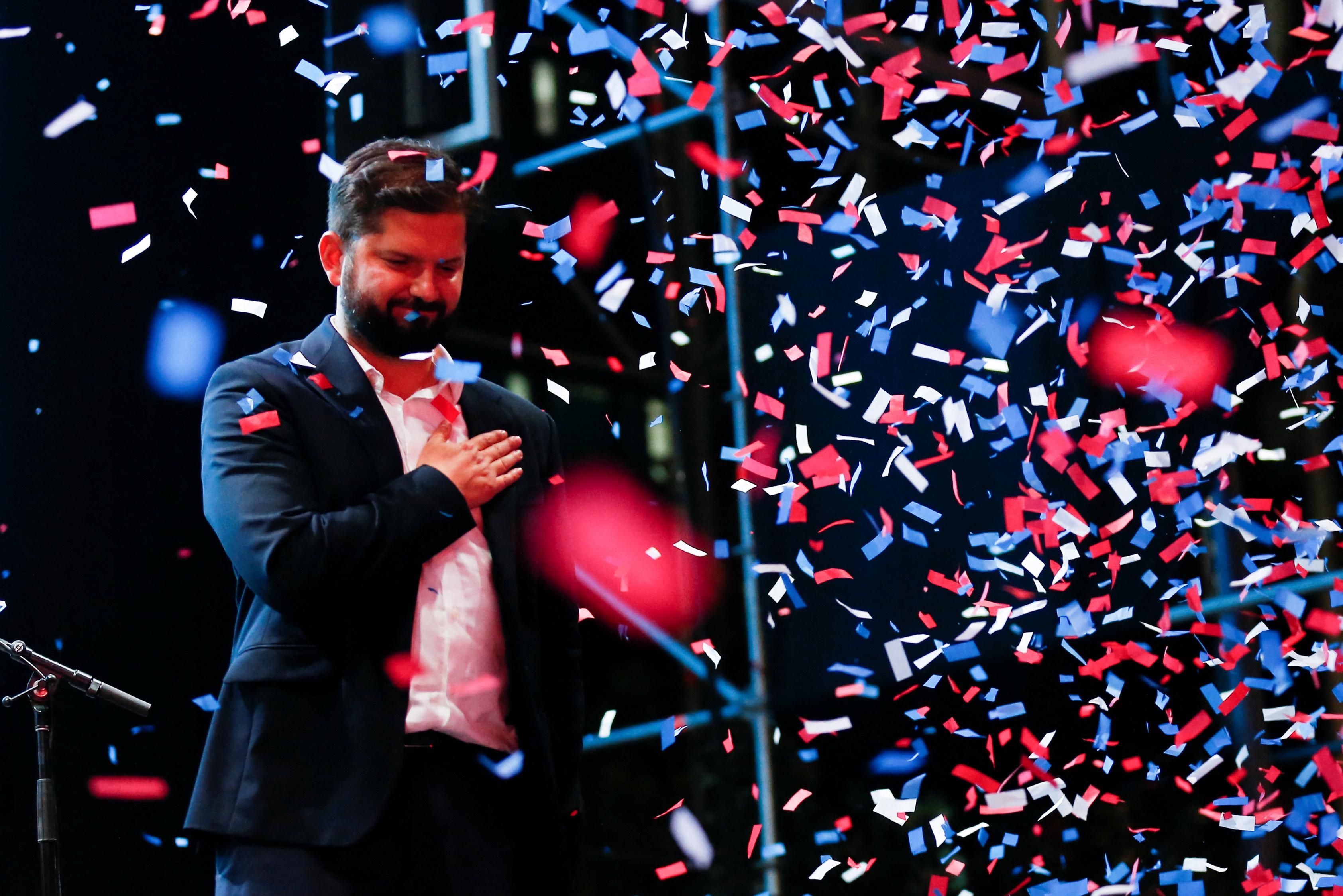December 20, 2021
Boric wins in Chile. In the end, it wasn’t even close. Faced with two diametrically opposed choices for president in Sunday’s presidential runoff, more than 55 percent of Chilean voters went with leftwinger Gabriel Boric instead of his far-right opponent José Antonio Kast. The ten-point gap was so wide that Kast conceded before the count was even done. Boric, 35, now becomes the youngest president of any major nation in the world. Elected just two years after mass protests over inequality shook what was one of Latin America’s most reliably boring and prosperous countries, Boric has promised to raise taxes in order to boost social spending, nationalize the pension system, and expand rights indigenous Chileans. But with the country’s legislature evenly split between parties of the left and the center-right, the new president will likely have to compromise on his sweeping pledge to make Chile the land where neoliberalism “goes to its grave.”
From Your Site Articles
More For You
Most Popular
Fishing boats moored at Taganga Beach, as fishermen express concern over unclear US government videos showing strikes on vessels during anti-narcotics operations, amid fears that those targeted may have been fishermen rather than drug traffickers, in Santa Marta, Colombia, on October 20, 2025.
REUTERS/Tomas Diaz
Walmart’s $350 billion commitment to American manufacturing means two-thirds of the products we buy come straight from our backyard to yours. From New Jersey hot sauce to grills made in Tennessee, Walmart is stocking the shelves with products rooted in local communities. The impact? Over 750,000 American jobs - putting more people to work and keeping communities strong. Learn more here.
© 2025 GZERO Media. All Rights Reserved | A Eurasia Group media company.
